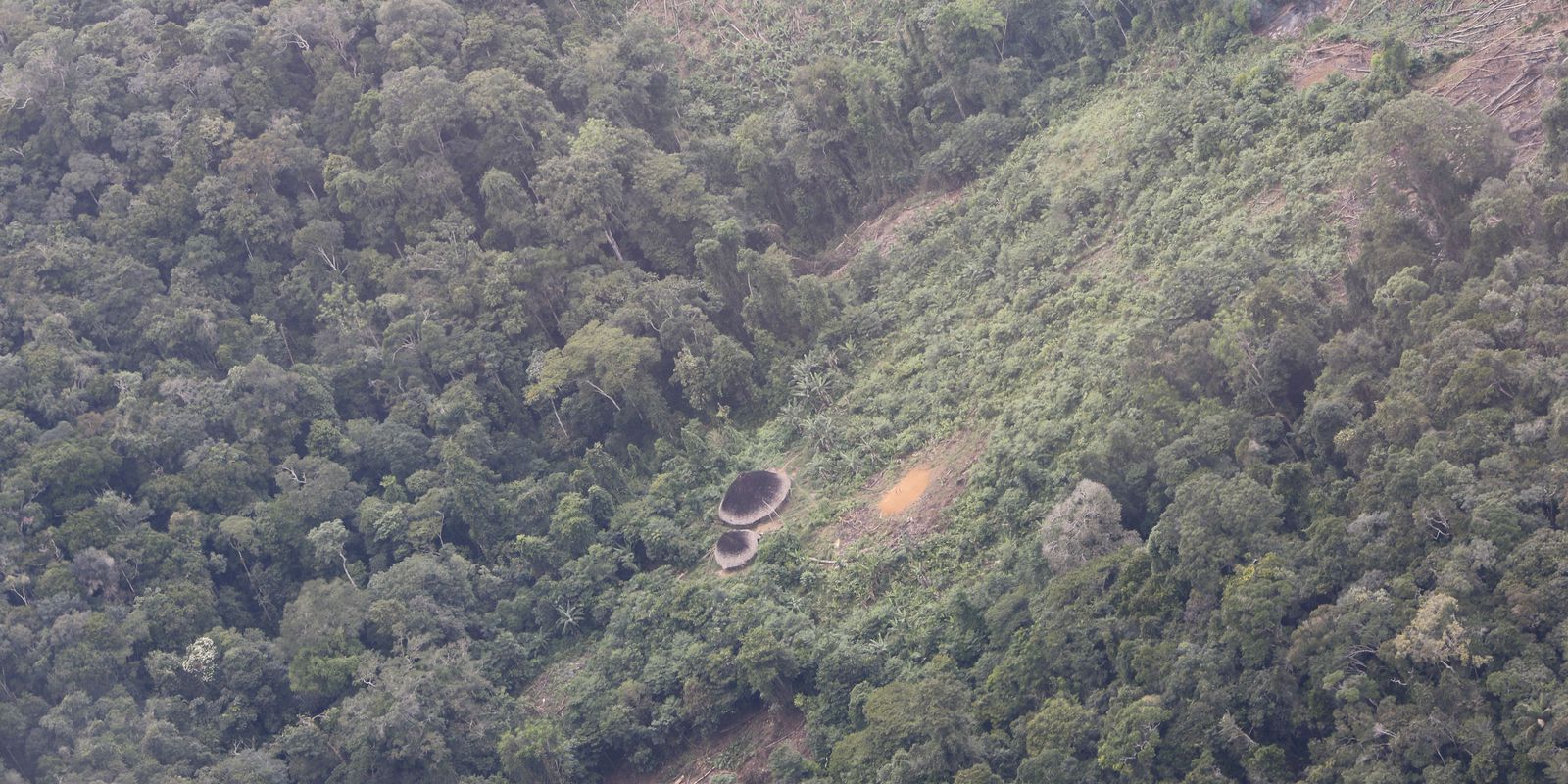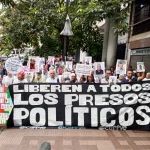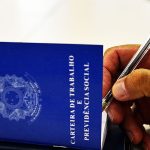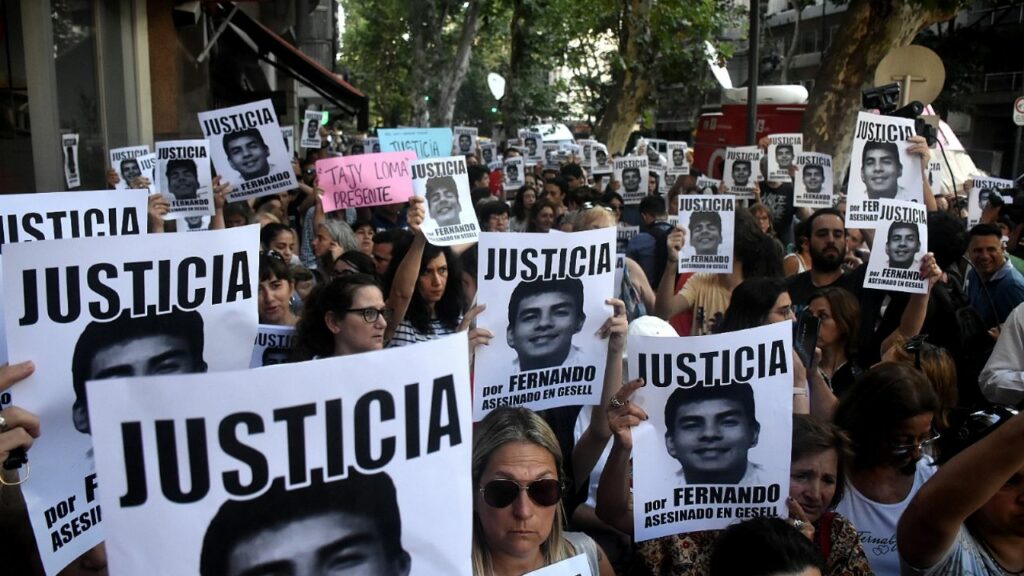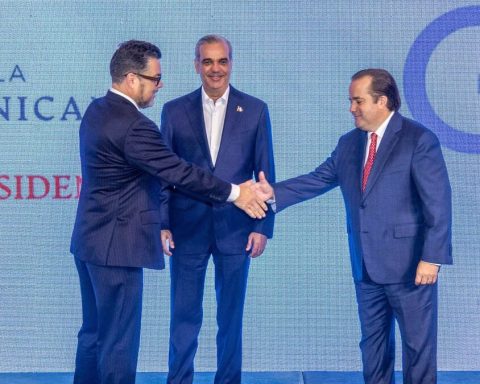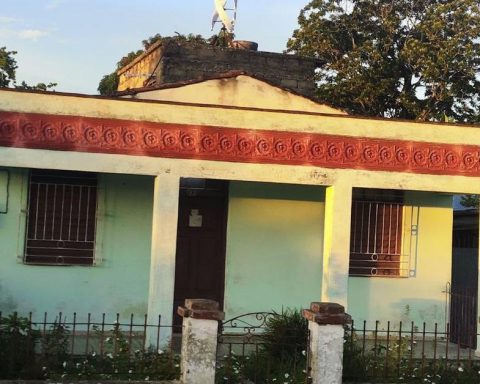A new delegation with representatives from the Ministry of Human Rights and Citizenship (MDHC) will arrive in the Yanomami region next Monday (6). She will continue the work of the previous delegation to collect information and diagnoses about the humanitarian tragedy in indigenous territories in Roraima. Also scheduled for Monday are visits to the Indigenous Health House (Casai), the Children’s Hospital and the Unified Health System (SUS), as well as the General Hospital of Roraima (HGR). On Tuesday (7), visits are planned to villages that make up the Yanomami territory, in Surucucu, with the same objective.
Since January 27, the MDHC has set up the Office to Combat the Humanitarian Crisis in Yanomami territory. The emergency initiative is part of the priority actions to face violations of rights revealed in the region of Boa Vista (RR). The objective is to propose urgent measures to contain the crisis and formulate a medium and long-term action plan.
Health
In another action, voluntary professional groups arrive in Roraima this Sunday (5). There are a total of 40 professionals — including nutritionists, pharmacists, social workers, doctors and nurses — trained in the Ministry of Health program. They will compose nine multidisciplinary teams focused on the care provided at the Casa de Saúde Indígena (Casai) and travel through three health care centers in the indigenous territories of Auaris, Surucucu and Missão Catrimani in the active search for patients.
For this, professionals will undergo specific training to help cases of malnutrition and malaria. “With the difficulty of moving around in the regions, patients often only seek care in a very serious stage, which increases the risk of death”, explains the coordinator of the Emergency Operations Center (COE) – Yanomami, Ana Lúcia Pontes, who also is a sanitary doctor and researcher at Fiocruz.
The number of cases of malaria registered in the 34 Special Indigenous Health Districts (Dseis), which in 2018 was six thousand, has now jumped to around 20 thousand. For Ana Lúcia, this scenario mainly affects children under 9 years of age and pregnant women. “About 50% of children have moderate to severe malnutrition. In the case of pregnant women, the data is more than 40%, among those who had some type of follow-up. The numbers are critical, and the mortality data show that the main causes are diarrheal, respiratory and malaria diseases, that is, situations that can be avoided ”, she evaluated.
COE
The work of this group of volunteers that is part of the National Force of the SUS will last an average of 14 days under articulation and planning by the Center for Emergency Operations (COE). Instituted by the Ministry of Health and coordinated by the Indigenous Health Secretariat (Sesai), it comprises the Civil Defense; Civil House of the Presidency of the Republic, National Foundation for Indigenous Peoples (Funai), Pan American Health Organization (PAHO), Ministry of Defense, Ministry of Justice and Public Security, Ministry of Social Development and Oswaldo Cruz Foundation (Fiocruz).
In addition to the volunteers, the COE also coordinates the distribution of food, the replacement of health supplies and the sending of mobile internet structures that will improve communication with the health centers. During consultations, patients in a more serious situation are referred to referral hospitals.
